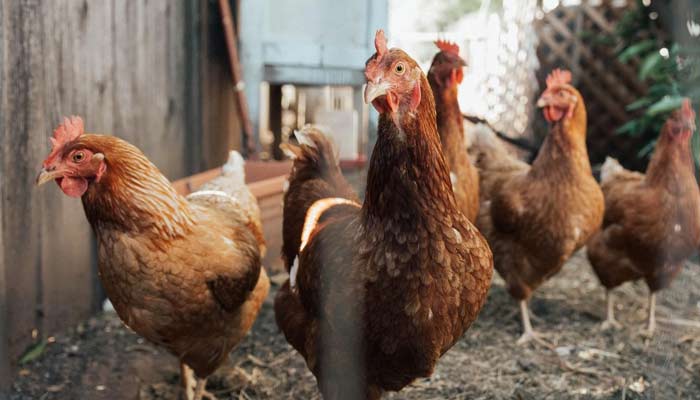Bird flu outbreak attacks US: Here's explanation
Avian virus causing Bird flu has taken over US
Outbreaks of Avian flu have been reported in a poultry facility in Michigan and a Texas egg producer this week.
Infected dairy cows and the first known instance of a human catching Bird flu from a mammal are the latest developments on the virus.
“The agency is taking Bird flu seriously but stressed that the virus has already been well studied,” Dr Mandy Cohen, the director of the Centers for Disease Control and Prevention, told the Associated Press Wednesday
"The fact that it is in cattle now definitely raises our concern level," Cohen said.
The good news is that “it’s not a new strain of the virus,” Cohen added. “This is known to us and we’ve been studying it, and frankly, we’ve been preparing for Avian flu for 20 years.”
What to know about Bird flu?
While some flu viruses primarily affect people, others usually occur in animals.
However, Avian viruses that cause the Bird Flu spread naturally in wild aquatic birds like ducks and geese, and then to chickens and other domesticated poultry.
"We don’t have a magic forcefield, an invisible shield that protects land and water runoff from impacting other species," Darin Detwiler, a food safety and policy expert at Northeastern University, said.
"There is a concern in terms of how this might impact other markets, the egg market, the beef market."
-
Experts reveal keto diet as key to treating depression
-
Skipping breakfast? Here are some reasons why you shouldn't
-
Sciences reveals shocking body response against heart attack
-
Anti-inflammatory teas to keep your gut balanced
-
Emma Stone reveals she is ‘too afraid’ of her ‘own mental health’
-
5 simple rules to follow for smooth, healthy hair
-
Expert discusses 'complications' of measles outbreak
-
Are statins safe to use? New study debunks long-feared side effects












